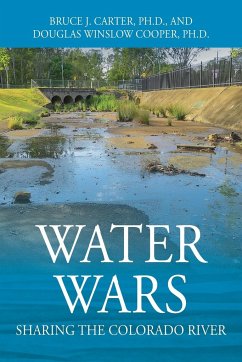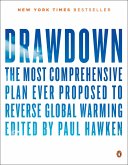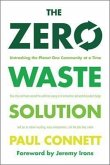In this independently funded study, the authors address the future of the world's supplies of clean water, exploring in depth the U.S.A.'s Colorado River Basin, where a variety of approaches have been used and proposed to manage provision and allocation of the Colorado River water. Increases in population and water usage, along with uncertainties associated with climate change, put the future availability of adequate water supplies in doubt. Rules and regulations are traditional approaches to handling common resource maintenance and usage. With no rules, the tendency to use the resource inefficiently and not to maintain it produces the free-rider problem sometimes called the "tragedy of the commons," a phrase popularized by Garrett Hardin in 1968. An alternative to rule-setting and enforcement is to establish market rights to water supply, with the higher-value uses commanding higher prices and receiving more investment. The pros and cons of this approach are discussed in a chapter of this book. The book discusses the various policy options, describes the recent crisis in supplying Flint, Michigan, with safe, potable water, explains the water cycle, discusses cyber security issues, surveys the threat from waterborne illnesses, and calls attention to one of the most recent sophisticated mathematical approaches to predicting droughts and floods, the use of Bayes's theorem.
Hinweis: Dieser Artikel kann nur an eine deutsche Lieferadresse ausgeliefert werden.
Hinweis: Dieser Artikel kann nur an eine deutsche Lieferadresse ausgeliefert werden.








